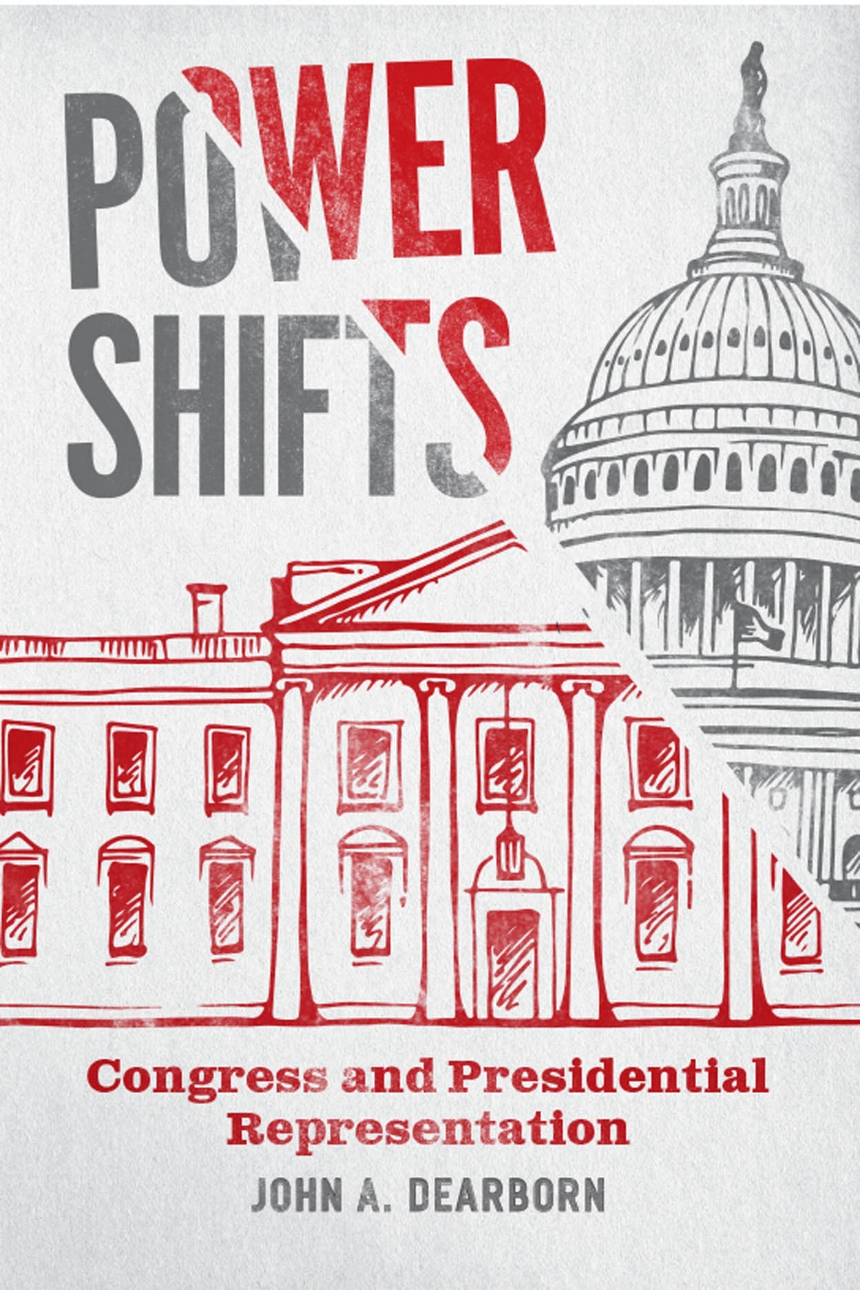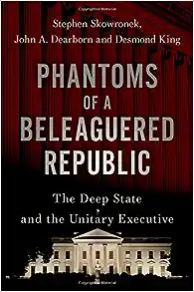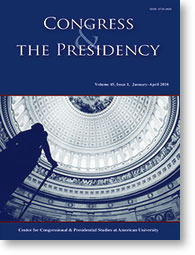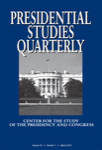Publications-Dearborn
-

Power Shifts: Congress and Presidential Representation
John Dearborn, contributor That the president uniquely represents the national interest is a political truism, yet this idea has been transformational, shaping the efforts of Congress to remake the presidency and testing the adaptability of American constitutional government. The emergence of the modern presidency in the first half of the… Read MoreAug. 28, 2023
-

Phantoms of a Beleaguered Republic: The Deep State and the Unitary Executive
John Dearborn, contributor As the nation’s chief executive, Donald Trump pitted himself repeatedly against the institutions and personnel of the executive branch. In the process, two once-obscure concepts came center stage in an eerie face-off. On one side was the specter of a “Deep State” conspiracy – administrators threatening to… Read MoreFeb. 18, 2021
-

The “Two Mr. Wilsons”: Party Government, Personal Leadership, and Woodrow Wilson’s Political Thought
John Dearborn, contributor Woodrow Wilson’s political thought on statesmanship and governance reveals a consistent tension between party and personal leadership. I trace three phases of Wilson’s political thought, analyzing this tension under a framework of Edmund Burke’s idea of party government and Henry Bolingbroke’s conception of the “Patriot King.” First,… Read MoreSep. 12, 2019
-

The Historical Presidency: The Foundations of the Modern Presidency: Presidential Representation, the Unitary Executive Theory, and the Reorganization Act of 1939
John Dearborn, contributor Two claims of presidential authority—presidential representation and the unitary executive theory—were contested during the legislative battle over the reorganization of the executive branch in the late 1930s. A unitary executive theory envisioned top-down control of the executive branch, while a theory of presidential representation tied the president’s… Read MoreApr. 26, 2018